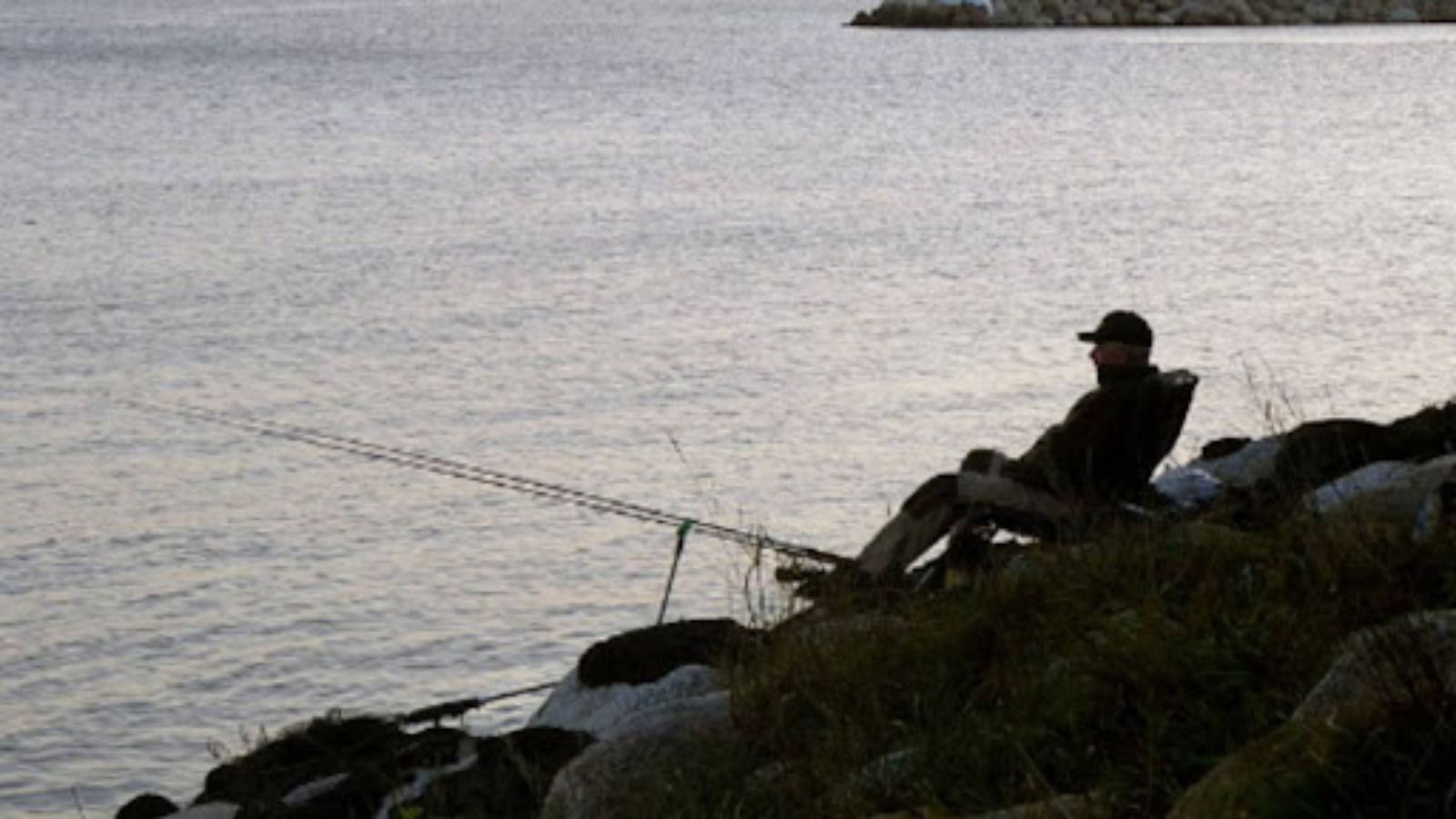Are the anglers who compete in the World Fly Fishing Championship athletes? (Photo by Stanislaw Szydlo. This file is licensed under the Creative Commons Attribution-Share Alike 3.0 Unported license).
To many people, fishing is the ultimate stress-relieving activity. The attitude and approach couldn’t be more simple for those who fish.
What could be better than an afternoon on the water, lounging in your boat, your line dangling over the side in pursuit of fresh fish? And even if the fish aren’t biting, you are still enjoying the great outdoors, the calm peacefulness of the water and the staccato pinging of the waves off the hull of your fishing boat.
Mix in your best mates, a few cold ones to help pass the time and to those who love fishing, it describes utter paradise.
However, this attitude toward fishing has also proven to be a detriment in how people view those who sport fish for a living. Are professional anglers truly professional athletes? It’s a question as old and as frequently posted as which came first – the chicken or the egg?
Except in this instance, those on the side of the pro anglers are certain of the answer, and it is a resounding yes. Proponents of the pro-fishing athlete argument will cite many reasons they are indeed athletes. These points can even include the fact that prominent online sports betting sites like BetUS are known to offer odds on the major fishing competitions.
Are pro anglers pro athletes, though? Let’s study the arguments and weigh the reasoning and rationale from some of the world’s top anglers as to why they are certain this question must be answered in the affirmative.
Table of Contents
TogglePro Angling Not Your Father’s Day On The Lake
The demands placed upon a pro angler are vastly more challenging than what recreational fishing requires (Photo by Jonn Leffmann. This file is licensed under the Creative Commons Attribution 3.0 Unported license).
Those who partake in professional sport fishing competitions such as Major League Fishing aren’t just willing to debate the pro angler/pro athlete debate, they come to the argument equipped with a variety of reasons to back up the fact that yes, they are indeed athletes.
Today’s pro anglor has been described as part NASCAR driver, part Marine and part fighter pilot. To those who fish in competitive tournaments on the pro tour, theirs is a demanding life. Physically demanding, mentally demanding and emotionally demanding.
As they enter tournament competition, they spend seven consecutive days putting their bodies through an intense stress test. They believe that the four days of practice, followed by three ultra-competitive days of fishing, are just as strenuous for them as the stresses placed upon football players, basketball players, soccer players, or any physically challenging sport you choose to name.
As with any outdoor pro sport, anglers in tournament competition must adjust their bodies to accommodate competing in all types of weather. If it’s freezing temperatures, or pelting rainstorms, they must still suit up and head out on the lake.
Maneuvering their 250-horsepower boats in all weather, from calm seas to storms slamming waves into the side of their boat requires that they are mentally focused and physically fit.
“One of the things that always gets my attention at the end of the fishing season is just how much abuse our bodies take as professional anglers,” champion professional angler Todd Hollowell wrote in his blog for Major League Fishing. “I’m sure there are arguments on both sides of this question, but I have to ask it anyway – are pro fishermen pro athletes?
“I’m going to argue that we are. Look around at the top FLW Tour pros and I guarantee that you will find that most of these names could outperform most others in their age group in a CrossFit competition.
“Some of these guys are even former pro athletes.”
Nutrition And Physical Training Part Of Anglers’ Regimen
Hollowell continues to note that the best competitors in his realm are at the top because of their elite skill level, but also becausebecause they’ve made a steadfast commitment to health and fitness. They eat right and follow a regular regimen of physical fitness in the gym.
“We endure long boat rides, some of which get very bumpy and violent at times, at speeds of 70-plus mph,” Hollowell explained. “This puts a lot of stress on our back and core muscles through severe punishment. And if your body isn’t strong, you will feel sore the next day.
“In practice, we’re sometimes on our feet for 12 to 14 hours daily while making thousands of casts. Can you imagine a baseball pitcher throwing a thousand pitches over 12 to 14 hours, repeatedly for four days in a row?”
Pro anglers also completely buy into the theory that you are what you eat.
“The pros that I know who work the most hours and have the most endurance have all found ways to hydrate and feed their bodies properly so that they can keep up the pace,” Hollowell said
Money Changed The Sport
Elite pro anglers readily admit that this commitment to fitness and athleticism wasn’t always a priority in their sport.
“In the beginning, when the first prize might be $5,000, people didn’t take things seriously,” pro angler Doug Gilley told The Virginian-Pilot. “There was a lot more partying because there just wasn’t much money at stake.”
Today, winners of a pro angling event can take home six-figure prize earnings for a tournament triumph. It’s big money and it’s serious business. Anglers wear sponsor logos just like race car drivers. They won’t be maintaining those sponsorship dollars if they aren’t winning.
That being the case, competition is much more cutthroat. Only the strong will thrive and survive. There are only 80 spots available each season on the MLF Tour. Making the grade is as challenging as seeking to play in the NFL, MLB or NBA.







